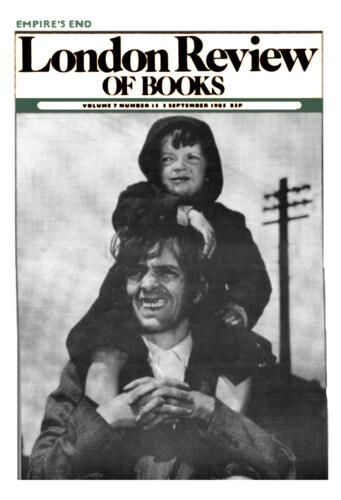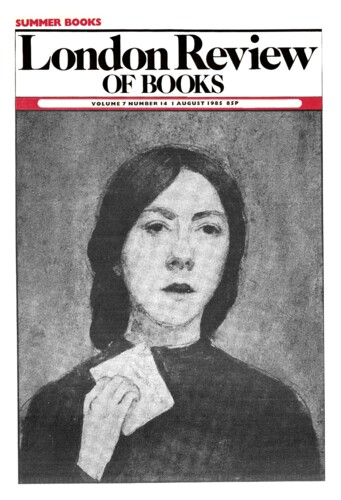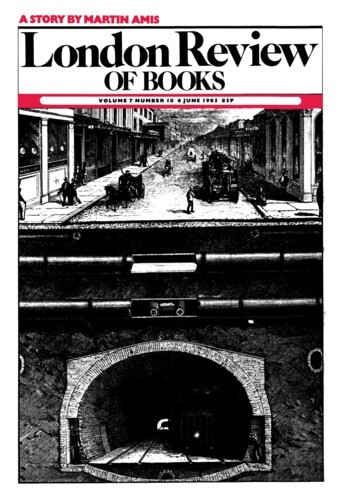Finding a role
Peter Pulzer, 5 September 1985
May 1915 saw the end of the last purely Liberal government in Britain. October 1964 saw the defeat of the last aristocrat to head a Conservative government by a Labour Party dedicated to regenerating the country through the ‘white heat of technology’. Each event marked, in its way, a decline of power. The first saw the disappearance of a liberal individualist state, governed by a caste of liberal individualist gentlemen. The second ushered in a government that sealed Britain’s withdrawal from Empire with the liquidation of all military commitments East of Suez.




